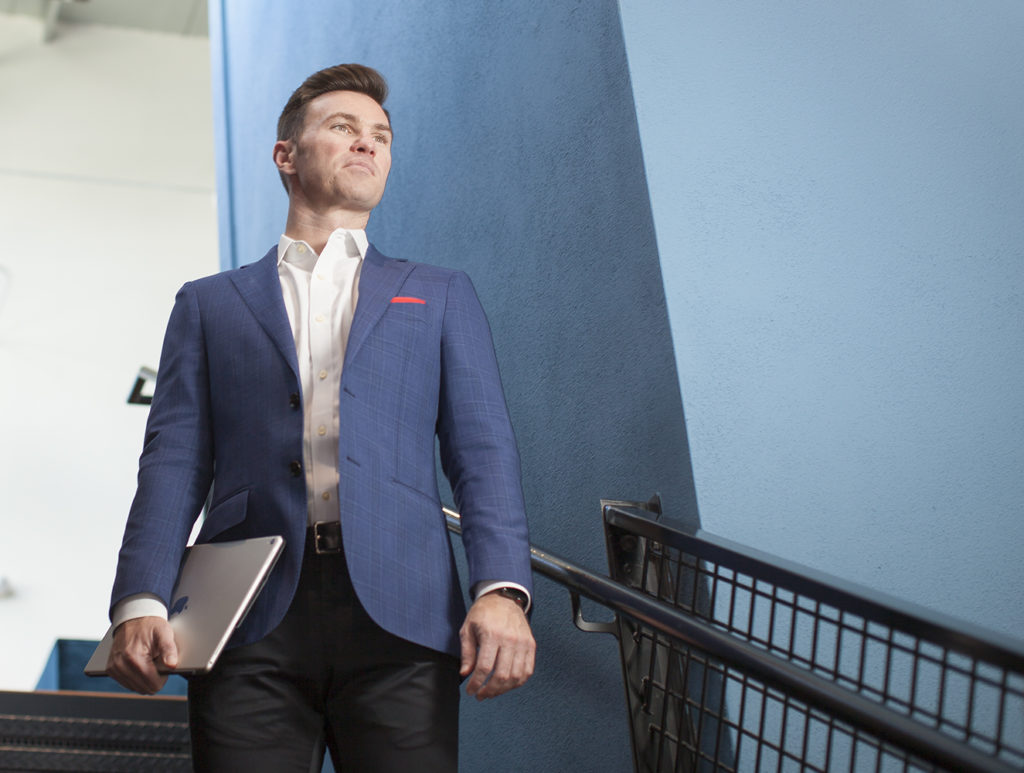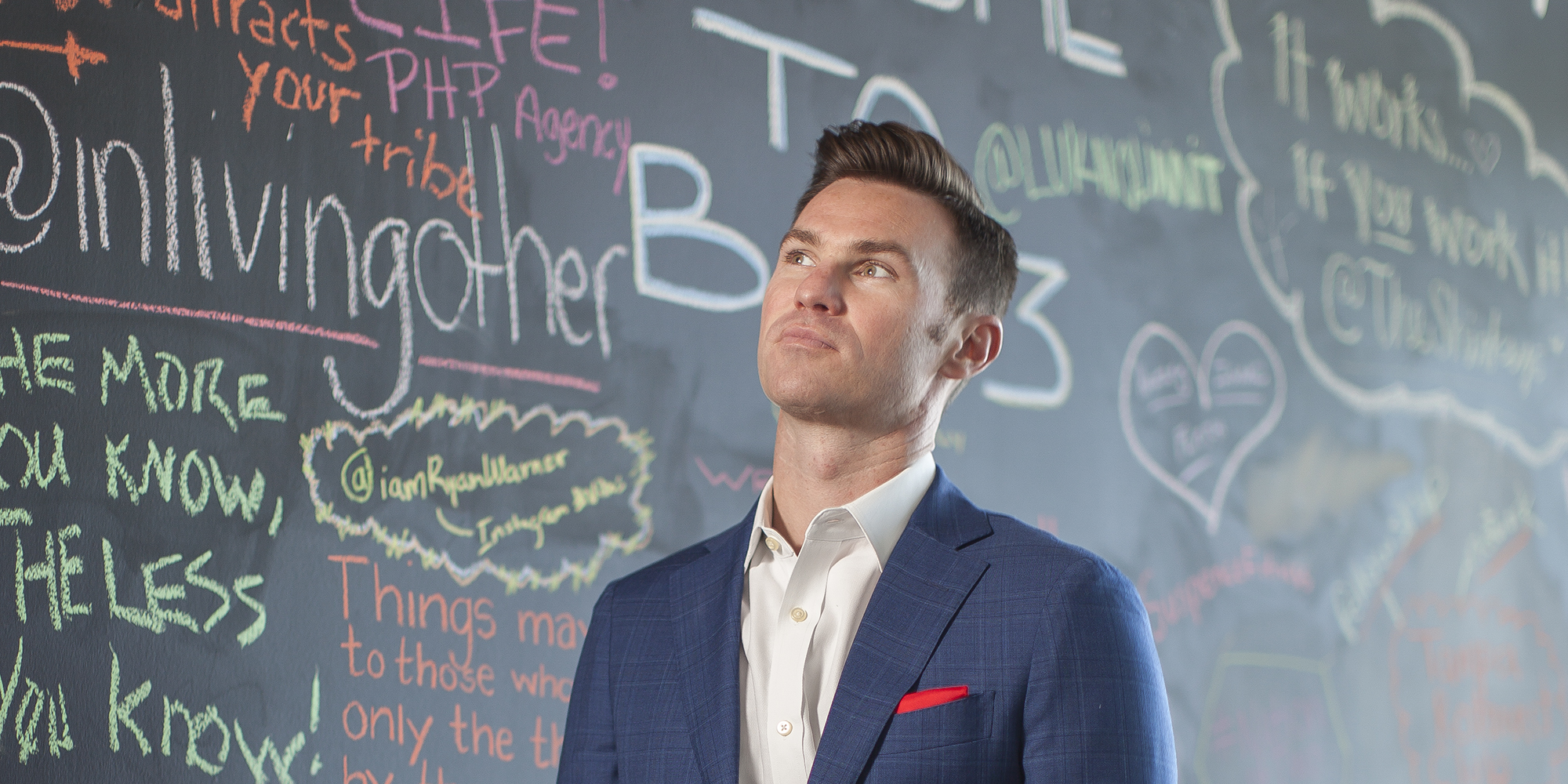To people who think startups are fun or cool: Ed Buckley III has a few words for you.
“They’re not cool,” he says. “They’re not easy. They’re painful. But if you’re passionate about it, you become so obsessed you can’t not do it.” The product of Buckley’s own obsession is Peerfit, an app-based platform that allows employers and insurance providers to allocate wellness dollars to employees and customers through virtual tokens. These tokens can then be redeemed for classes, small group personal training or other fitness initiatives at hundreds of thousands of studios in 46 states. Just this month, Peerfit launched a subscription model for consumers who don’t have Peerfit covered by an employer or insurer. For a fee of $8.95 per month, users can select the number of tokens they’d like to redeem and where they’d like to redeem those tokens.
Buckley founded Peerfit in 2011 when he was working on his Ph.D. in digital health behavior from the University of Florida as a simple way to put fitness class schedules on phones before pivoting to focus on corporate wellness.
“In recent memory, there’s always been money available from employers for employees to go be active [at places like gyms],” Buckley says. “It just wasn’t easy to use.”

Peerfit has become one of Tampa’s most successful startups. The company has raised more than $23 million since moving to the city in 2014 and increased its monthly recurring revenue by 100 times from the first quarter of 2017 to the first quarter of 2019. Most recently, the company closed an $8 million funding round and added Boston Celtics owner Wyc Grousbeck and his firm Causeway Media Partners as majority investors.
Peerfit first came to Tampa in 2014 to participate in Healthbox Tampa — a four-month healthcare startup accelerator — with funding from insurance company Florida Blue.
“We had run out of runway in Gainesville,” Buckley says. “For us, it was either come to Tampa or fold up shop. I came down and honestly never looked back.”
Buckley and his team have benefited from the Bay area’s booming startup ecosystem, which was valued at $2.3 billion in a report from the research organization Startup Genome this year. He says Tampa’s culture is what separates the city from traditional tech hubs like Silicon Valley and New York.
“Seemingly everyone wants to lend a hand,” Buckley says. “That’s something you saw from Silicon Valley in its early days. You’re starting to see everyone in Tampa Bay have that mentality.”

One of Tampa’s biggest gifts to Peerfit has been an investment from Tampa Bay Lightning owner Jeff Vinik, whom Buckley calls an “amazing partner.”
“He’s invested a good amount of early stage capital into Peerfit, and there’s no way to describe him other than the most humble, hard-working person I’ve ever met,” Buckley says.
The new year calls for Peerfit’s expansion outside of the United States. As for the possibility of moving headquarters out of Tampa, Buckley is resolute.
“Oh heck, no,” he says. “We let our people live wherever they want to live all over the country and work remotely, but Tampa’s home.”
As individuals like real estate executive Lee Arnold and entrepreneur Marc Blumenthal and businesses like Orangetheory supported Peerfit in its early stages, Buckley sees Peerfit fomenting the growth of other local startups down the road and shortening their timelines to success.
“I think what’s going to happen with the Peerfits of the world and some others, you’re going to have quite a few exits coming in the next five to 10 years,” he says. “When you get a couple of those wins under your belt, the amount of capital, experience and energy just explodes. It will be exponential, the amount of resources and success.”



